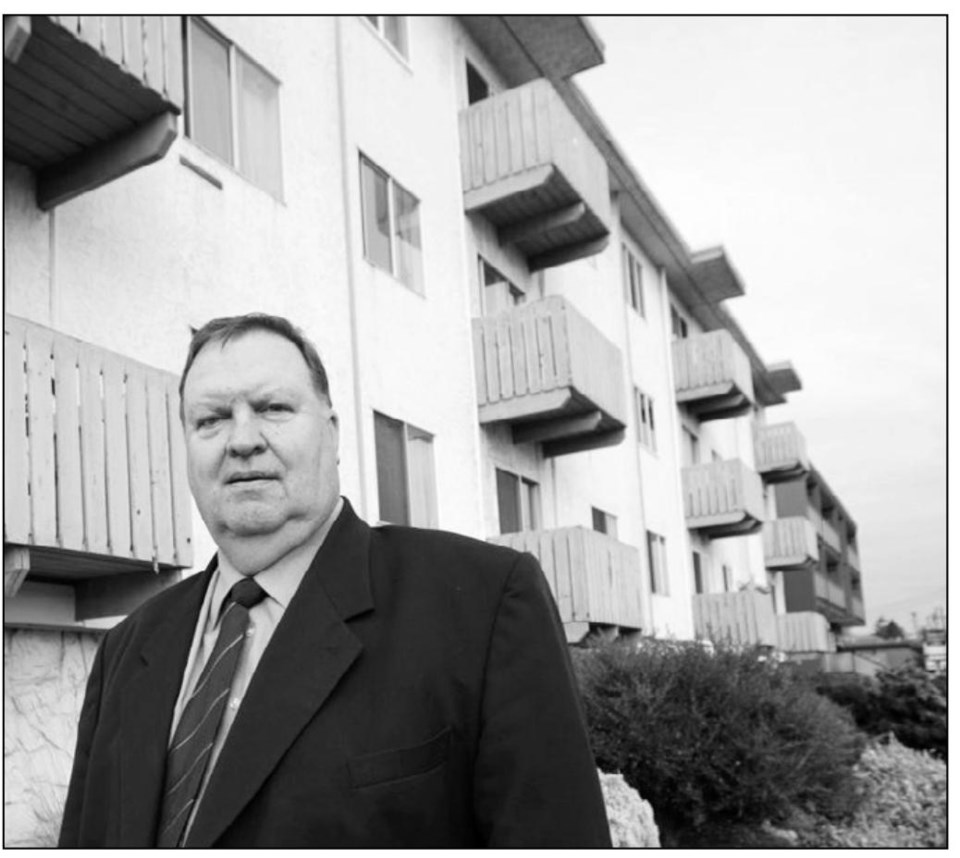The Victoria Real Estate Board has put $5,000 toward a university study on federal capital-gains tax laws and whether they should be changed to boost the building of rental apartments.
The supply of apartments is an "important policy question" when it comes to developing sustainable cities that grow their density by building up, rather than sprawling away from services, said Tsur Somerville, who will conduct the study.
In 1972, landlords lost the capital-gains tax deferral - which allowed them to defer taxes by investing in a new rental-property development - still enjoyed by businesses and farms to their appreciation, whose owners delay taxes until death. Now, landlords - including homeowners with mortgage helpers - must pay capital gains within a year of sale.
"If you don't allow this rollover, it encourages people to hang on to real estate for a long time and that can really slow down the redevelopment process," said Somerville, an associate professor in real estate finance at the University of B.C.'s Sauder School of Business.
In turn, that reduces the supply of housing and increases prices and rents.
"The question is whether that slowdown is a big enough effect to warrant special treatment for real estate, and I don't know," he said, adding he will look at the economic theory and literature associated with such a change.
There's been very little purpose-built rental accommodation in a generation, said Russ Godfrey, Victoria spokesman for B.C.'s Tenant Resource and Advisory Centre, so "no matter what it takes, we've got to get shovels in the ground."
There is also a huge need for more affordable housing - including social housing for low-income people, workforce housing for the service industry and market-rate rentals who could afford to buy but don't want to - said Stephen Shea, the Victoria Real Estate Board's chairman of commercial real estate.
Ottawa can't afford to get back into rental subsidies now, but it could free up the massive amount of money sitting with rental property owners who won't sell, he added.
"We're not talking about a radical concept," he said, adding, "The more supply, the more competitive it is."
The real estate board is trying to get the province on-side with the private sector to lobby Ottawa.
Jim Bennett, the board's government relations co-ordinator, said they plan to make their pitch to the provincial legislature's select standing committee on finance and government service during pre-budget hearings in October.
Rich Coleman, B.C.'s minister responsible for housing, said in a statement that he continues to pursue policy changes with other housing ministers to fund more private market and social housing.
"We would like to see incentives created that make purpose-built rentals more appealing to investors," he said, without citing capital-gains rollovers specifically.
He noted that provinces and municipalities have more control over rental housing, which continues to increase via investment condos, secondary suites and laneway homes, "so we try to facilitate those wherever possible."



